#fma father
Explore tagged Tumblr posts
Text

day 8: homunculus
#jackalope rants#my art#art#oh god here we go.. tagging time#lust the lascivious#greed the avaricious#pride the arrogant#wrath the furious#envy the jealous#gluttony the voracious#sloth the indolent#fma father#< implied with the bg i suppose#fma spoilers#fmab spoilers#fma#fmab#fullmetal alchemist#fullmetal alchemist brotherhood#fullmetal alchimist brotherhood#still makes me mas that the main tag is spelled wrong#fullmetal alchemist spoilers#selim bradley#king bradley
462 notes
·
View notes
Text

FMAbruary Day 14: Protect
#fmabruary2025#fmabruary#fullmetal alchemist#fma#van hohenheim#fma father#edward elric#fma fanart#my art
498 notes
·
View notes
Text





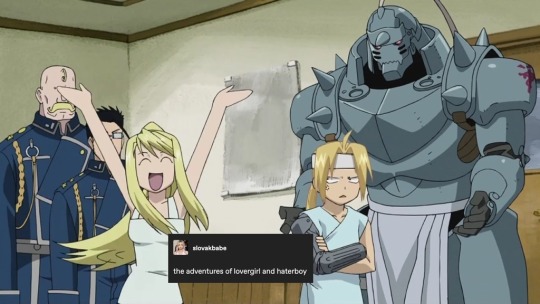


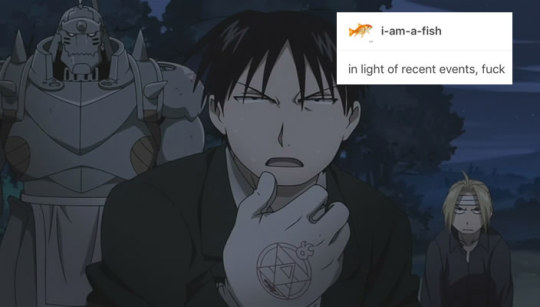
Fullmetal Alchemist: Brotherhood + text posts and tweets
#Fullmetal Alchemist: Brotherhood#Fullmetal Alchemist Brotherhood#Fullmetal Alchemist#fma#fmab#fmaedit#fmabedit#fma brotherhood#fma:b#fma: brotherhood#fma edward#edward elric#alphonse elric#the elric brothers#roy mustang#riza hawkeye#royai#fma father#izumi curtis#winry rockbell#fma winry#fullmetal alchemist winry#ling yao#lust fma#lust the lascivious#fma lust#fmab lust#fmab ling#lust fmab#dwarf in the flask
125 notes
·
View notes
Text




A new Fullmetal Alchemist Ichiban Kuji is being held!
New figures have been revealed by Bandai as part of their "Fullmetal Alchemist: Those Who Opened the Door" Ichiban Kuji event to celebrate 20 years of Ichiban Kuji and 15 years of Fullmetal Alchemist Brotherhood.
Ed, Roy, and Father will all be available to win as lottery prizes in participating Ichiban Kuji locations in Japan!
There will also be other prizes including towels, tumblers, and coasters (designs yet to be revealed).
Release date: December 2024
124 notes
·
View notes
Text

Very specific Greed HC but his hair deflates when he acts sad and pathetic (as seen above)
One of these days I'll draw Envy properly. 😭 Every time I draw them they're all crunchy 😭😭
Original meme under the cut :)

#excuse the low quality bdkfjdfjosd T-T#Ik greed was all screamy and cool during his first death but#fma greed#fullmetal alchemist#fma#fullmetal alchemist greed#greed the avaricious#fmab#fullmetal alchemist brotherhood#my art#fma lust#fma envy#fma wrath#fma father#fma gluttony#meme redraw
56 notes
·
View notes
Text
is this anything

#elden ring#sir gideon ofnir#genshin impact#il dottore#fullmetal alchemist#fullmetal alchimist brotherhood#fma father#honkai star rail#hsr ruan mei#rwby#rwby curious cat#pokemon#pokemon legends arceus#pla volo#brian david gilbert
125 notes
·
View notes
Text
i think it's kinda neat that the oldest of the homunculi in both fullmetal alchemist continuities (ignoring the main villain in mangahood's case) tie into their overall views and motivations:
in mangahood, where the homunculi are their own beings (again, sans their father, who was presumably made by humans - though he may have instead been summoned from elsewhere) and believe they are inherently superior, the oldest one is pride.
in 2003, where they were created by humans in an attempt to revive other humans and are, in effect, insufficient replacements for the dead, and secretly desire to be human, the oldest one is envy.
though, oddly enough, the main villains themselves seem to invert this:
in mangahood, father's actions stem largely from feeling trapped his whole life - his early years were spent in a little glass flask, and even centuries after gaining a body and leaving it physically, he never quite left it mentally - so he obsessively seeks power to feel more "free", like the humans around him.
in 2003, dante's actions - laying waste to civilization after civilization to add on a few more years to her already lengthy lifespan - are because she, in her own words, "was worth it".
#fma spoilers#for both versions#fullmetal alchemist#fma 2003#2003 fma#fullmetal alchemist brotherhood#fma dante#dante fma#fma father#father fma#dante#father#dwarf in the flask#pride#envy#fma pride#pride fma#fma envy#envy fma#zombie talks
81 notes
·
View notes
Text




a day late for october 3rd: more greeds moving castle concept art for your consideration
#fma#greed the avaricious#fma greed#bido#lust the lascivious#fma lust#dolcetto#martel#grido#fma dante#fma father#fullmetal alchemist (fullmetal alchemist)#autistic and artistic
98 notes
·
View notes
Text

Edward Elric vs. Father
[Fullmetal Alchemist Ch. 107]
133 notes
·
View notes
Text
Another edit for my class
#fma#fmab#fma edward#edward elric#alphonse elric#izumi curtis#roy mustang#fma hohenheim#fma edit#maze Hughes#fma hughes#anime edit#fma may#fma father#edit
15 notes
·
View notes
Photo
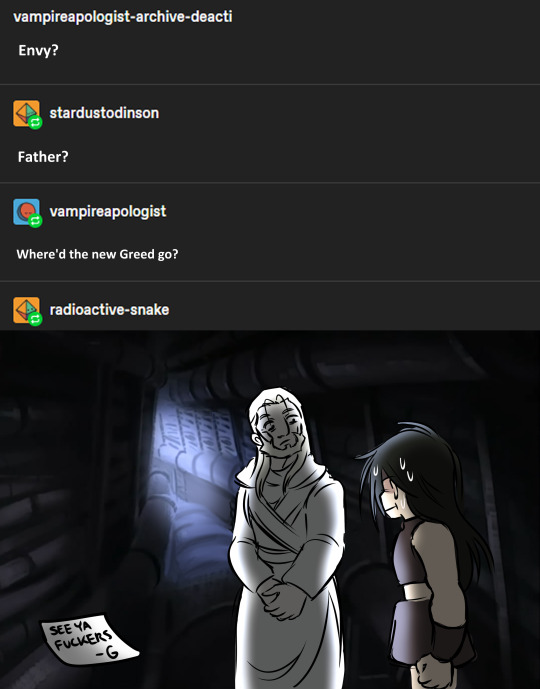
Happy Greeb Day (based off of this post)
455 notes
·
View notes
Text

A little alchemy lesson
#fullmetal alchemist#fmab#fma#edward elric#alphonse elric#fma father#homunculus#xerxes au#fma fanart#my art#trying a new coloring technique
192 notes
·
View notes
Text













Fullmetal Alchemist: Brotherhood + text posts and stuff
#Fullmetal Alchemist: Brotherhood#Fullmetal Alchemist Brotherhood#Fullmetal Alchemist#fma brotherhood#fma#fmab#fmaedit#fmabedit#fma: brotherhood#fma:b#edward elric#alphonse elric#roy mustang#riza hawkeye#van hohenheim#olivier mira armstrong#post#+ text posts#fma father#fmab father#the dwarf in the flask
142 notes
·
View notes
Text
Something Something sharing the face of your enemy something something

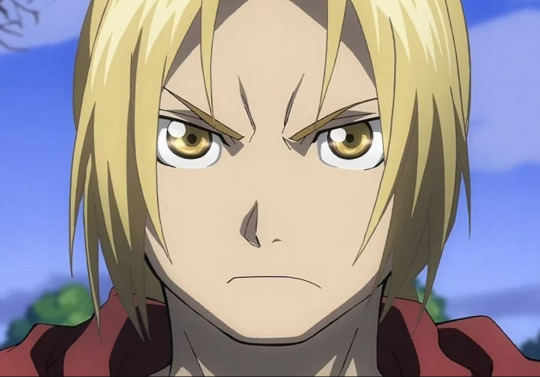
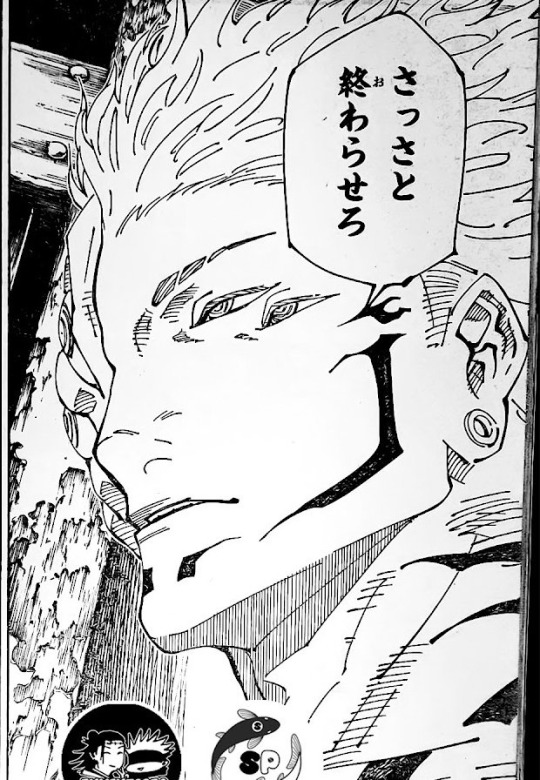
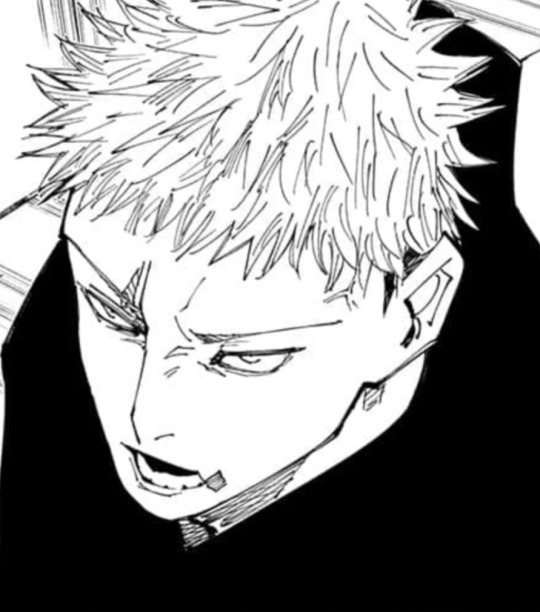
#I am waiting to see the Sukuna Yuji connection cause I know it goes deeper than him being his vessel#i'd give meta commentary but currently i am too tired#fma#fmab#fma brotherhood#fullmetal alchemist#fullmetal alchemist brotherhood#jjk#jujutsu kaisen#fma father#edward elric#jjk sukuna#jjk yuji#ryomen sukuna#itadori yuji
117 notes
·
View notes
Text

#artists on tumblr#fma father#fma fanart#fullmetal alchemist#fma#fma brotherhood#edward elric#fanart
26 notes
·
View notes
Note
Fuck, marry, kill:
Mangahood hohenheim, 03 hohenheim, Father
❤️🔥 Fuck - Mangahood Hohenheim (just to clarify this does NOT make us Hohenhoes. He’s simply the best of a bad bunch…)
💍 Marry - 03 Hohenheim (Your mods’ reasoning differed here, Mod Hawkeye chose this because she doesn’t have to fuck him, and she wouldn’t touch 03 Hohenheim with a bargepole given the whole Dante and melting skin thing 😖 Mod Mustang chose 03 Hohenheim for the eternal life thing: might as well get something out of it 🤷🏻♂️)
🔪 Kill - Father (man literally has no personality and if you sleep with someone who thinks they’re god, it’s gonna be the lamest lay of your life 🙄)

- Mod Mustang & Mod Hawkeye 🔥🦅
#fma#fmab#fullmetal alchemist#metal meme#fullmetal alchemist brotherhood#ask us anything!#fma hohenheim#van hohenheim#fma father
20 notes
·
View notes